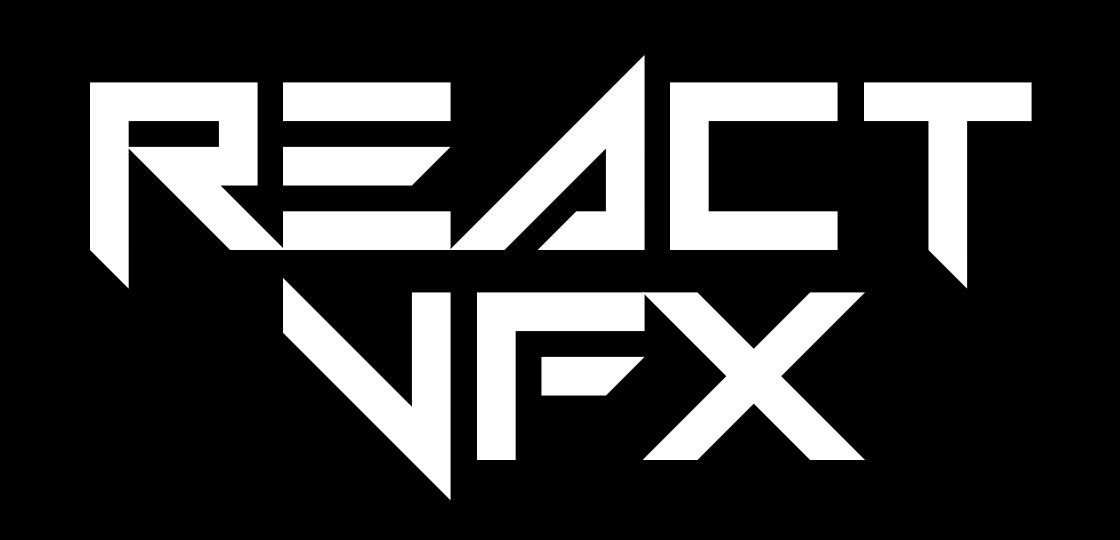- 32 Posts
- 441 Comments

 2·24 days ago
2·24 days agoThe author provided no evidence of it
They’re contextualizing and sourcing it plenty. It’s their impression from their experience, from their years of being in that field. In the later adding of comments at the end they go into different takes as well, reiterating that it’s what they saw or see in [their] big corp[s] [and those he talks to].
You’re saying people are rotating too often - which was one of their points. Not sure if you meant support that point or point it out [assuming they didn’t].

 3·26 days ago
3·26 days agoMicrosoft actually cut off Israel’s access to Azure…
After months of pressure and trying to silence internal criticism.
I had to look it up to make sure “months of” is correct. Wikipedia has the infos https://en.wikipedia.org/wiki/Criticism_of_Microsoft#Israeli_military_support 2023-2025, various employees fired
“Microsoft actually cut off Israel’s access to Azure” doesn’t really cover or adequately represent their behavior regarding this topic.

 1·26 days ago
1·26 days agoThat comment doesn’t say anything about what I’m asking about here.

 2·28 days ago
2·28 days agoProbably in some AI training data sets. Not that those are particularly good backups.

 4·28 days ago
4·28 days agomaybe they also mean Israel/Gaza or the AI push

 2·28 days ago
2·28 days ago… Gitlab though; the only difference is you see more “a large premium customer is requesting this” comments!
I love those! /s 😄 It can certainly feel like a pattern, specifically for some tickets.

 2·1 month ago
2·1 month agoYouTube recently introduced UI changes. Google probably didn’t optimize for Firefox besides Chrome. Whatever they’re doing, it may be more performance on Chrome than on Firefox for technical reasons.

 1·1 month ago
1·1 month agoAs a quality metric, “bad company”. If you can differentiate between hardware product and drivers, you can separate those metrics. But usually, and for most people, using the product also means using their drivers.

 1·1 month ago
1·1 month agoYou can just take the L and say you didn’t see that the function definition that was “added” was just “removed” at the top.
That’s not what happened though.
Changing the indent of the def changes the definition. That’s my whole argument.
I don’t get why you say “of course”, agreeing with my point, but then “it was only the indentation that was changed”.

 5·1 month ago
5·1 month agoDo you have a comparison to other tools like Grammarly? Were you sometimes missing suggestions or linting rules?

 6·1 month ago
6·1 month agoas an open-source alternative to Grammarly
intentionally avoids including any kind of generative AI in any part of our processing pipeline
Isn’t that what Grammarly is all about, though? Be better than traditional spellchecking through LLM?
I assume Harper is entirely Rules based, then? Which inherently means limited to what rules where introduced manually and what the rules cover.

 24·1 month ago
24·1 month agoNew hardware manufacturer quality metric: Number of frustrated user pledges per time since market introduction.

 1·1 month ago
1·1 month agoWhat I wrote. I wouldn’t want to do AI Thursday and kinda malicious compliance for a prolonged time.

 1·1 month ago
1·1 month agoI see, thank you for the clarification. I was quite confused because it seemed to be missing, this one didn’t quite seem correct. If they never even pushed it as a MR then that makes more sense. Then the whole “hasn’t been merged yet” is missing that it hasn’t even been created.

 1·1 month ago
1·1 month agoI see, thank you for the clarification. I was quite confused because it seemed to be missing, this one didn’t quite seem correct. If they never even pushed it as a MR then that makes more sense. Then the whole “hasn’t been merged yet” is missing that it hasn’t even been created.

 1·1 month ago
1·1 month agoAn indentation change is a definition code change. And as I pointed out, it’s a py file, and Python is an indent-significant language.
So you’re using
[]as an alternative function call syntax to(), usable with nullable parameters?What’s the alternative?
let x = n is null ? null : math.sqrt(n);?In principle, I like the idea. I wonder whether something with a question mark would make more sense, because I’m used to alternative null handling with question marks (C#,
??,?.ToString(), etc). And I would want to see it in practice before coming to an early conclusion on whether to establish as a project principle or not.math.sqrt?()may imply the function itself may be null.(? )formath.sqrt(?n)? 🤔I find
[]problematic because it’s an index accessor. So it may be ambiguous between prop or field indexed access and method optional param calls. Dunno how that is in Dart specifically.

 341·1 month ago
341·1 month agoThe issue, presumably the PR (linked at the top of the issue because of reference).
Look at the code change. It gets inputs and loops over them and seems to do an in-place fixup. But the code indent is wrong, and it even changed the function definition of the unrelated next function. In Python, the indent-logic-significance language.
I assume they briefly showed the code on stage. Even then it should have been obvious to any developer. py file, messy indent, changes unrelated function.
Please correct me if this is the wrong PR.

 3·1 month ago
3·1 month agoI would make Thursday AI day and do everything with AI. And Friday is recovery day, where I discard everything that didn’t work, and do what I want, to recover motivation for long-term sustainability.
I wonder if and when they would notice a productivity difference. I certainly couldn’t and wouldn’t be able to do that indefinitely.













I worked on and created a lot of things, but when thinking ‘cool’, the fractal rendering I did a long time ago popped into my mind as well. It just looks cool, interesting, has variance and experimentation, and is very visual.